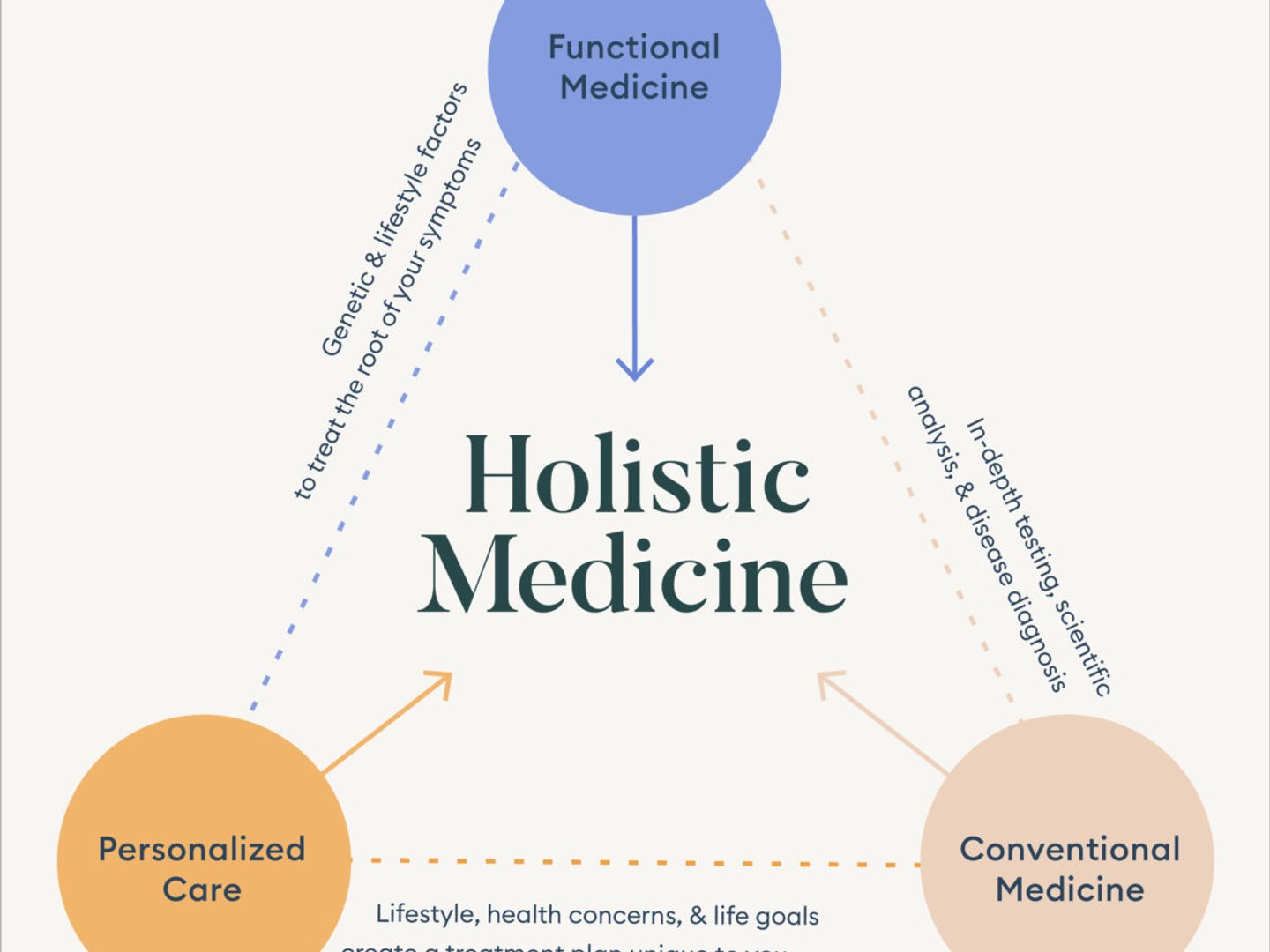
Mental Wellness Essentials Top Tips for a Happy Mind
Introduction
In today’s fast-paced world, maintaining mental wellness is more important than ever. A happy mind is essential for overall well-being and productivity. In this article, we’ll explore top tips for achieving mental wellness and cultivating a happy mind.
Prioritize Self-care
Self-care is crucial for mental wellness. Make time for activities that nourish your mind, body, and soul, such as exercise, meditation, hobbies, and spending time with loved ones. Set boundaries and learn to say no to activities or commitments that drain your energy. Remember, self-care isn’t selfish—it’s essential for maintaining a healthy and happy mind.
Practice Gratitude
Cultivating gratitude can have a profound impact on mental wellness. Take time each day to reflect on the things you’re thankful for, whether it’s a beautiful sunrise, a delicious meal, or the love of family and friends. Keeping a gratitude journal can help you focus on the positive aspects of your life and cultivate a more optimistic outlook.
Stay Active
Regular physical activity is not only good for your body but also for your mind. Exercise releases endorphins, chemicals in the brain that promote feelings of happiness and well-being. Aim for at least 30 minutes of moderate-intensity exercise most days of the week, whether it’s walking, jogging, cycling, or yoga. Find activities you enjoy and make them a regular part of your routine.
Connect with Others
Social connections are essential for mental wellness. Spend time with friends, family, and loved ones, and nurture your relationships. Engage in meaningful conversations, share your thoughts and feelings, and offer support to others. If you’re feeling lonely, reach out to someone you trust or join a club or group with similar interests.
Set Goals
Having goals to work towards can give you a sense of purpose and direction, which are essential for mental wellness. Set realistic, achievable goals for yourself, whether they’re related to your career, relationships, hobbies, or personal growth. Break larger goals down into smaller, manageable steps, and celebrate your progress along the way.
Practice Mindfulness
Mindfulness involves paying attention to the present moment without judgment. Practicing mindfulness can help reduce stress, anxiety, and depression, and promote overall mental wellness. Try incorporating mindfulness techniques into your daily routine, such as deep breathing, meditation, or mindful eating. By being fully present in each moment, you can cultivate a greater sense of peace and contentment.
Limit Screen Time
Excessive screen time, especially on smartphones and computers, can have a negative impact on mental wellness. Set boundaries around your screen time and limit your exposure to social media, news, and other digital distractions. Instead, focus on activities that promote relaxation and connection, such as reading a book, spending time outdoors, or engaging in creative pursuits.
Seek Support
If you’re struggling with your mental health, don’t hesitate to seek support from a professional. Therapy can be incredibly beneficial for addressing issues such as anxiety, depression, trauma, and relationship problems. Reach out to a therapist or counselor who specializes in mental health and make your mental wellness a priority.
Practice Compassion
Finally, remember to be kind to yourself and others. Treat yourself with the same kindness and compassion that you would offer to a friend or loved one. Practice self-compassion by acknowledging your strengths and weaknesses, forgiving yourself for mistakes, and treating yourself with gentleness and understanding. By cultivating compassion, you can create a more loving and supportive inner environment.
Conclusion
Achieving mental wellness and cultivating a happy mind requires intention, effort, and self-awareness. By prioritizing self-care, practicing gratitude, staying active, connecting with others, setting goals, practicing mindfulness, limiting screen time, seeking support when needed, and practicing compassion, you can nurture your mental well-being and experience greater happiness and fulfillment in life. Read more about top tips for mental health







